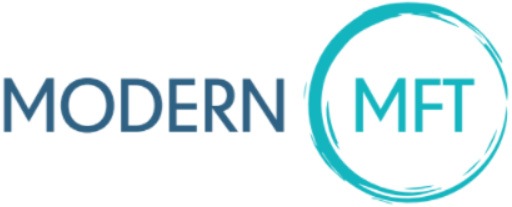Understanding Trauma
“You, yourself, as much as anybody in the entire universe, deserve your love and affection.” -Buddha
When people hear the word trauma, they often think of war veterans or a terrible incident that resulted in a formal diagnosis of Post-Traumatic Stress Disorder, but it’s important to remember that trauma can also result from a range of other experiences including emotional mistreatment and neglect, being in an accident, experiences of oppression, chronic family conflict as a child, sexual or physical assault/ abuse, or witnessing violence or abuse of someone you care about and from many other situations that commonly occur throughout life.
Healing from Trauma
Psychological trauma can cause upsetting emotions, intrusive memories, and worry that doesn’t seem to subside. It can also leave you feeling numb, disconnected, and distrustful of others. When we are confronted with an overwhelmingly difficult experience, it can take a while to get over the pain and feel a sense of safety and peace.
In our adult lives, we may turn to a number of problematic coping styles that help us to “feel better” in the present. Having difficulty setting boundaries with others or self-medicating with problematic relationships to substances, food, sex, or putting ourselves and the relationships we care about at risk are some of the ways that trauma avoidance and attempts at coping may manifest as adults.
Therapy for trauma can help you to:
- Gain a sense of safety and calm in your daily life
- Improve your self-awareness and ability to feel grounded
- Recognize your triggers and respond with greater compassion
- Develop effective coping skills and strategies to manage difficult emotions
- Improve your interpersonal relationships
The process of therapy for trauma often resembles the process of healing a broken bone—while it takes time to heal and close— with the right attention and care, the place of the fracture will become strong again.
This brief video sheds some light on understanding the impact that difficult (yet common) childhood experiences can have on our growth and development; this knowledge can serve as a tool to help us to become more aware of our personal risk factors and more empowered to disrupt a problematic cycle.
